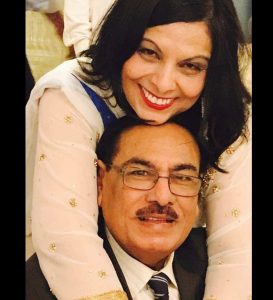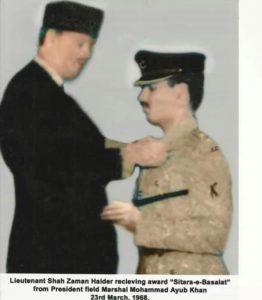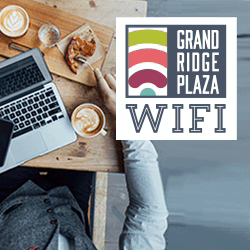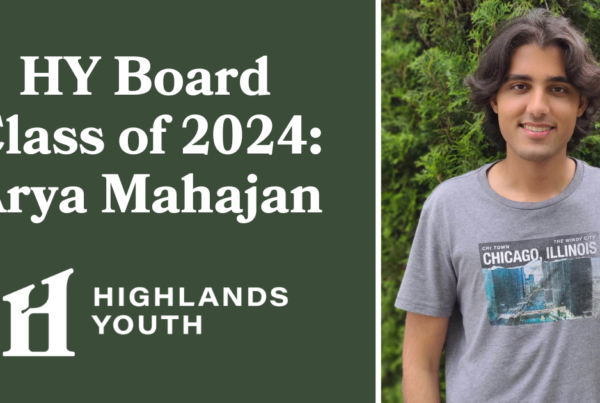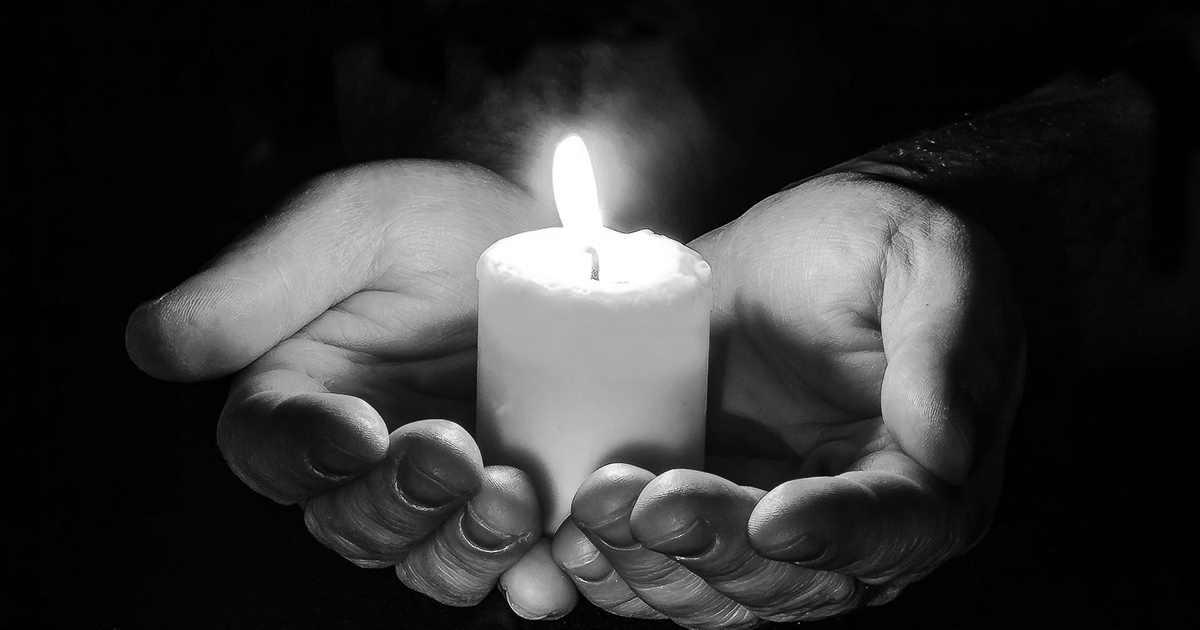
COVID-19 Touches Families Spread Around the World
As a healthcare worker dedicated to doing things safely for patients and staff, my work has become a series of processes.
People say all the time: “You are so brave. How do you go in?”
We stay on point with Centers for Disease Control and Prevention and World Health Organization recommendations to figure out the safest way to deliver care. We work with brilliant medical doctors and specialists, create flows, adapt to organizational standards, and manage the perpetual circles of change that leave us feeling like we always end up back where we started.
And, at the heart of it all, are our patients and our teams. We do our work for the community.
COVID-19 is hard, unlike anything we’ve seen; a butterfly effect with unknowns uncalculated. There are theories of its ramifications, but it continues to ripple. Focus on the process, review the numbers, follow the guidelines – it’s a mantra.
But it wasn’t until a death in my family that I truly understood the impact of COVID-19.
I know I am not alone. I have been the shoulder on which many have cried. I read stories of friends on social media, read articles, and hear from patients who describe this loss as something they haven’t experienced in their lifetime.
So much is out of our control. We cannot be there for those we care for who are struck by this illness. It’s a sad and lonely death, often preceded by hours alone in rooms, hooked to ventilators, waiting for life to offer another chance. We wait and hope and pray that modern medicine can help. Some of us turn to God, others to science. But each person is left scared in an unusual way. It’s hollow with little closure. Death is the yang to life, the cycle of our existence as humans; but a lonely, isolated death is heartbreaking.
I never appreciated our healthcare system as much as I did the day I found out my uncle passed away.
I know how dedicated and caring our nurses and doctors are; how hard our leadership works to make sure patients are taken care of. Healthcare providers and institutions, such as mine, put their hearts and souls into taking care of the sickest among us. But this is an American standard and I was saddened to learn my uncle didn’t receive that same care in his country.
My uncle was the bravest man I had ever met. He served in the army in Pakistan and quickly rose through the ranks. He fought in two wars and won stars of honor, presented to him by the president for bravery, equivalent to the purple star.
My uncle was a man so dedicated to the causes of country and family, his loyalty poured out of him. In every story he regaled, there was passion and an epic historical perspective that made you want to be there. The man was fearless. He celebrated the wins with you and helped you see your errors so you could grow. With his kindness and patience, he raised children who became incredible entrepreneurs. His life stories brought honor and pride to the people who loved him. He was loved by so many that, on the day of his death, the army showed up to salute him.
I remember his warm smile, his incredible patience, and his bright grey eyes that always shone with intelligence. I was grief-stricken to learn of his quick and lonely death.
We received the call on a Thursday. He was having difficulty breathing with a cough that wouldn’t go away. Right away, I started to receive calls from my family around the country and the globe. Luckily, having worked through this pandemic in healthcare, I was able to understand and provide explanations.
In healthcare management, we know systems and we know what works. I went through my mental libraries of information. What are the symptoms? Did he get tested? Has he had exposure?
The cough and difficulty breathing followed by fever was enough for me to have him get tested. He was rushed to the hospital, diagnosed with COVID-19, and put on a ventilator within a day. Shortly after, he fell into a deep sleep.
On Saturday morning, we got the news he had died of multiple heart attacks. A man, undefeated by war, had succumbed to an unseen enemy.
The heaviness in your heart when you lose someone you cannot replace is eternal. His death was unexpected and that is the legacy of this pandemic. It has taken so many people away from us so quickly. We cried for days, alone in our homes, connected only by technology. Then we remembered the lessons he taught us: be patient, be kind, and work hard to help others. We reminded each other of this and felt immensely proud having been part of his life. We all stand a little bit taller and higher because he lifted us up to be better.
I once read grief never really heals, we just learn to build bridges over the pain. This pandemic will not be any different. COVID-19 has created a collective trauma, a pain that will need a lot of building over. To do that, we need each other. We need the support of healthcare teams. We need human connection. Although loss is part of everyone’s existence, it cannot be managed alone. We need to build over it to make something strong, something future generations can walk across and learn from.
I’m so grateful for all the great teams I work with that provide mental health support for patients and employees. Everyone is ready and willing to support you. I am sad my uncle and his family, being in another country, couldn’t experience the same level of excellence, dedication, and passion I see every day at work. I am eternally grateful to live in a place where healthcare truly is a calling.

